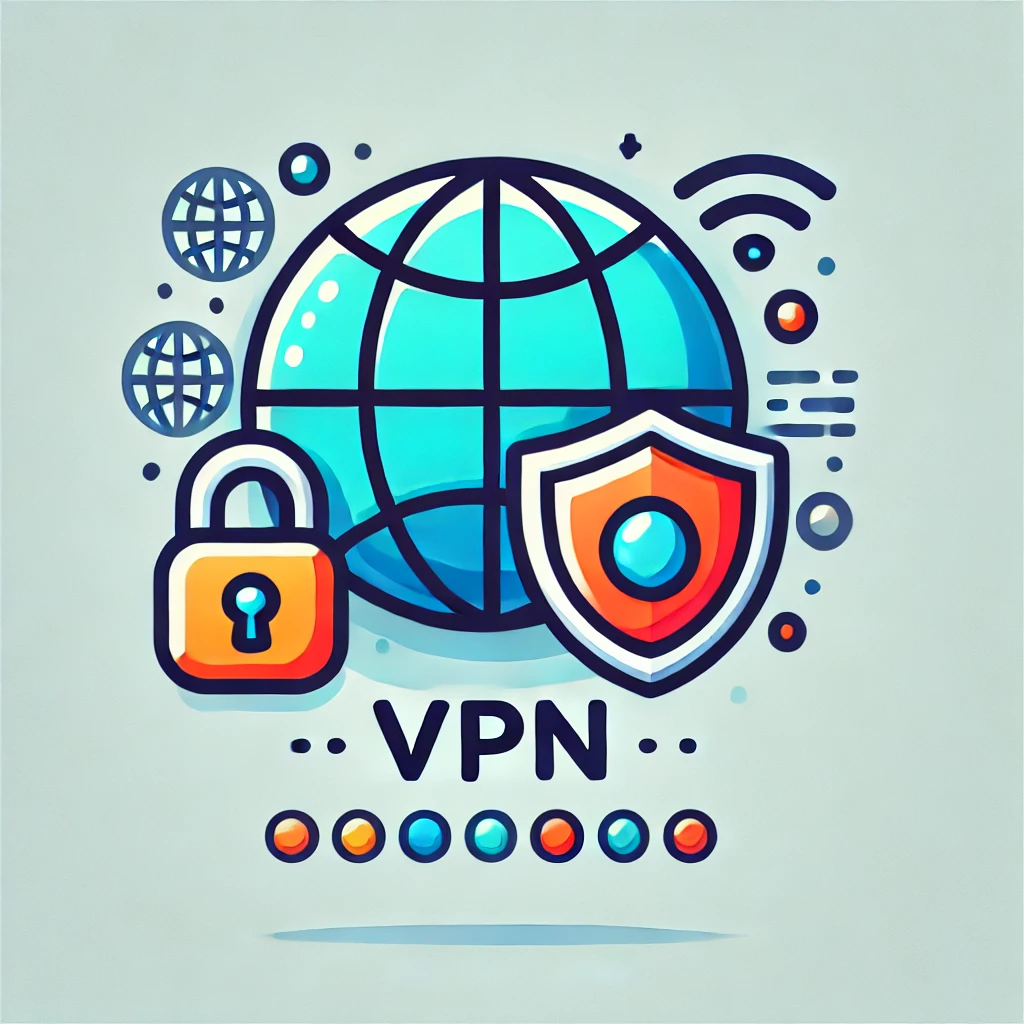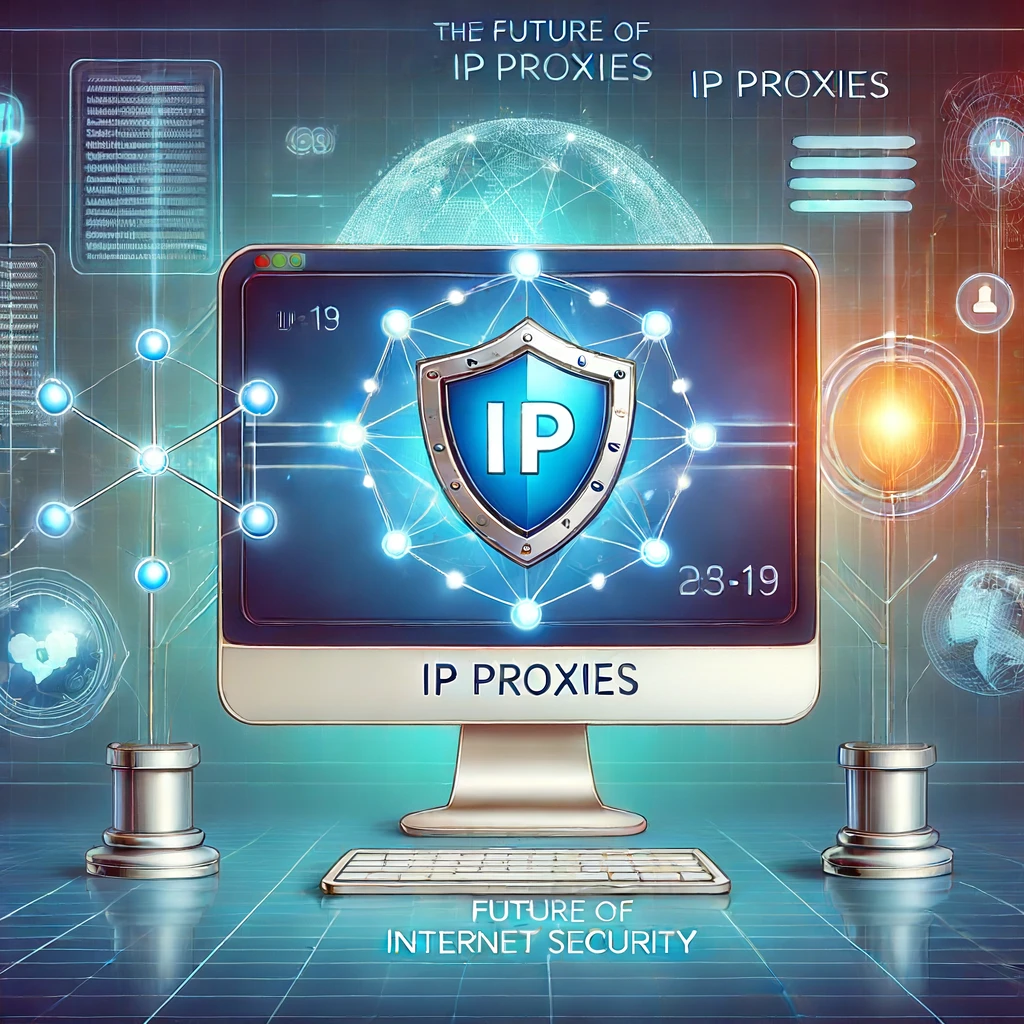
IP Proxies vs. VPNs: Key Differences
IP proxies and VPNs are popular tools for enhancing online privacy and security, but they serve different purposes and offer unique features. This guide explores the key differences between IP proxies and VPNs, helping you make an informed choice based on your needs.
What are IP Proxies?
IP proxies act as intermediaries between your device and the internet, masking your real IP address by routing your traffic through a proxy server. This allows you to browse the web anonymously and access geo-restricted content.
- Anonymity: Mask your real IP address.
- Access: Bypass geo-restrictions and censorship.
- Variety: Different types of proxies available (residential, datacenter, mobile).
Learn more about IP proxies in our What are IP Proxies? guide.
What are VPNs?
VPNs (Virtual Private Networks) create an encrypted tunnel between your device and a VPN server, securing your internet traffic and masking your IP address. This provides enhanced privacy and security, especially on public Wi-Fi networks.
- Encryption: Encrypt your internet traffic.
- Security: Protect your data from hackers and surveillance.
- Privacy: Hide your IP address and browsing activity.
Key Differences Between IP Proxies and VPNs
Level of Encryption
- IP Proxies: Typically do not encrypt your traffic. They only mask your IP address.
- VPNs: Provide strong encryption, securing your entire internet connection.
Use Cases
- IP Proxies: Ideal for web scraping, bypassing geo-restrictions, and managing multiple social media accounts. Explore more in IP Proxies for Web Scraping and IP Proxies for Social Media Management.
- VPNs: Best for securing your internet connection, protecting your data on public Wi-Fi, and ensuring online privacy.
Performance
- IP Proxies: Generally offer faster speeds as they do not encrypt your traffic.
- VPNs: Can slow down your connection due to the encryption process, but provide better security.
Compatibility
- IP Proxies: Can be configured on individual applications or browsers.
- VPNs: Typically work at the device level, securing all internet traffic from your device.
Choosing Between IP Proxies and VPNs
When to Use IP Proxies
- Web Scraping: IP proxies are ideal for web scraping activities as they can bypass IP bans and geo-restrictions.
- SEO Monitoring: Use IP proxies to monitor search engine rankings from different locations. Learn more in IP Proxies for SEO Monitoring.
- Ad Verification: Ensure your ads are displayed correctly across different regions using IP proxies. Read more in IP Proxies for Ad Verification.
When to Use VPNs
- Online Security: Use VPNs to protect your data from hackers and surveillance, especially on public Wi-Fi.
- Privacy: VPNs are ideal for maintaining privacy and preventing tracking of your online activities.
- Bypassing Censorship: VPNs can help bypass government censorship and access restricted websites.
About HiSeven and Socgo IP
HiSeven is a leading technology company specializing in internet privacy and security solutions. Our flagship product, Socgo IP, provides a robust and reliable proxy service designed to meet the needs of both individuals and businesses. Socgo IP offers a variety of IP proxy types, including residential, datacenter, and mobile proxies, ensuring that you have the best tools at your disposal for secure and efficient internet browsing.
Conclusion
Both IP proxies and VPNs offer valuable features for enhancing online privacy and security, but they serve different purposes. By understanding the key differences between IP proxies and VPNs, you can choose the right tool for your specific needs.
For more information on IP proxies and related services, visit socgo.my.


